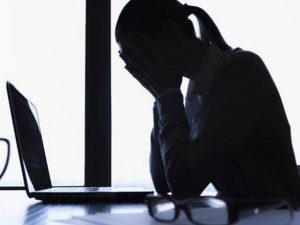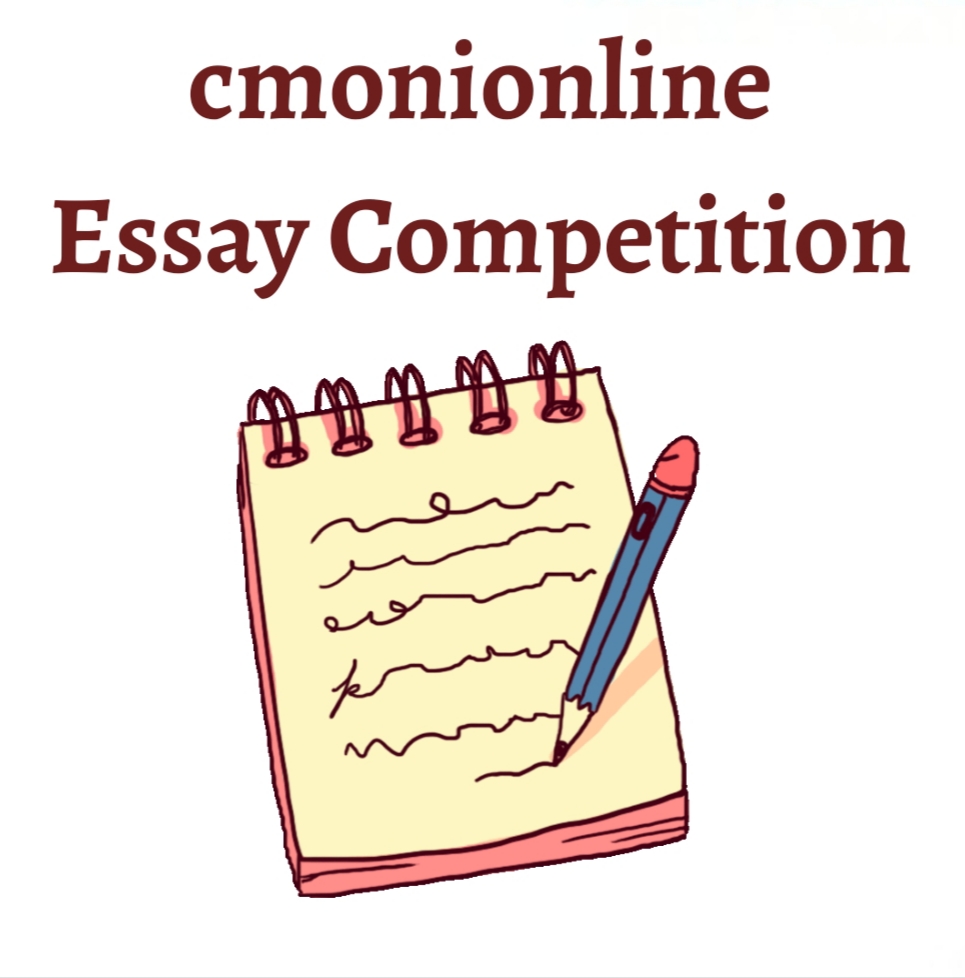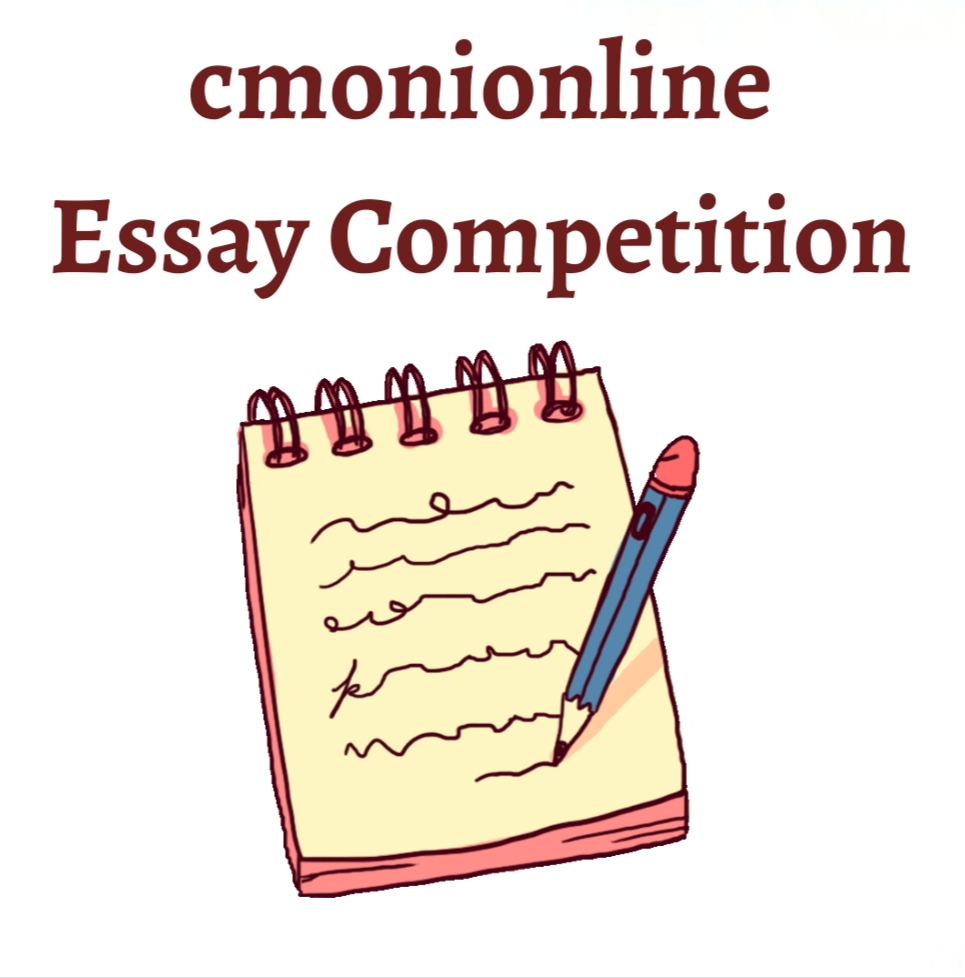When two elephants fight, it’s usually a weird scene for dominance. The fight could range from mild to intense battles. Normally, a lot comes into play when elephants approach each other and leading to a fight; and when they eventually fight, the grasses will suffer.
This is the case between the Federal Government of Nigeria (FGN) and a microblogging and social networking service, Twitter. Truly, the tension between social media giants and state actors in Nigeria is taking a rising dimension of late. Just recently, the faceoff between the FGN and Twitter started from what could be described as mere accusations to degenerate into intense tit for tats, characterized by the deletion of the Nigerian President’s tweet and the reprisal action to suspend Twitter’s operation in the country.
So, what could’ve led to this suspension? What does the suspension mean for warring parties? Is the fight between these two elephants ending any time soon? Is there any way forward? These are the burning questions this essay seeks to answer.
Ban or Suspension of Twitter: which one?
It is important to get the narrative correctly. Twitter was not banned in Nigeria; rather, it was suspended. Suspensions are temporary while bans are permanent. The government of Nigeria on Friday, June 4, 2021, announced it was suspending Twitter’s operations in the country. The decision resulted after President Buhari’s tweet was deleted for what for termed “offensive” and breach of its rules.
The Offensive Tweet; The Suspension
Following his meeting with the Independent National Electoral Commission (INEC) chairman Prof. Mahmud Yakubu, which was occasioned by the incessant destruction of INEC offices, Mr. President’s verified Twitter handle had read: “Many of those misbehaving today are too young to be aware of the destruction and loss of lives that occurred during the Nigerian Civil War. Those of us in the fields for 30 months, who went through the war, will treat them in the language they understand [1].” And in what seemed like a gang-up, Facebook, another social media giant, followed suit to also remove Buhari’s controversial civil war post on its platform. The Guardian reported that it cited a violation of community standards against inciting violence for its reason.
Irked by this development, Twitter’s suspension in Nigeria was announced; albeit the government had debunked claims that it was a knee-jerk reaction. Information and Culture Minister, Lai Mohammed claimed, “the persistent use of the platform for activities capable of undermining Nigeria’s corporate existence [2]” necessitated the suspension. Recall that Buhari’s inciteful tweet came on the heels of the commemoration of Biafrans who lost their lives in the “Nigerian-Biafran” war. So, the tweet drew public outcry and persons had begun to report the tweet and given that it truly violated Twitter rules, the tweet was deleted.
Accusations, Counter Accusations, and Speculations
Reacting, the minister accused Twitter of double standards and criticized Twitter for turning a blind eye to the instigative tweets of the separatist leader of the Independent People Of Biafra (IPOB) instead. The Minister also accused Twitter of being largely complicit in the 2020 End-SARS movement against police brutality – a development the government is still fighting to come clean about. Alhaji Mohammed would go further to label social media giants as vectors of fake news.
It would be recalled that the deletion of Buhari’s tweet came on the heels of Twitter’s announcement that it would be setting up its first African office in Accra, Ghana, instead of Nigeria, even after persuasions from Nigeria. Twitter cited Ghana’s support for free speech, online freedom, and the open internet for its decision. With these, speculations became rife that the suspension was a payback gimmick by the Nigerian government on the Tech giant.
Neither Side is Innocent
But does the government truly come out smelling of roses? Is it truly innocent of the fake news it accuses Twitter of? Well… it would be recalled that President Buhari’s Special Adviser on social media posted a video on Twitter that showed supporters at a big rally when in reality, the images were from a religious gathering the year before. She also posted a photo of major road construction, citing it as an example of the President’s public works. However, the public works were in Rwanda. She issued an apology, saying: “My big mistake, apologies to all, friends and wailers alike. It won’t happen again [3].” Even the brouhaha and uproar that greeted the petroleum pump price increase in March 2021 alongside the Money-printing saga in April 2021 – where government Ministries, Departments, and Agencies branded conflicting and misrepresentative information – all gives credence to the fact that government is not entirely innocent of fake news.
But What Implication(s) Does the Suspension mean for Warring Parties?
First, it amounts to usurping citizens’ right to freedom of expression as enshrined in the constitution. It also undermines the citizens’ ability to instil transparency and hold the government accountable through social media engagements. The government’s decision inadvertently threatens Nigerian’s growing democracy. In times when citizens lament the President’s persistent failure to address the nation on biting issues, Twitter had become the numero uno means he communicated with the people. Now, with the suspension, that line of communication is severed. One wonders why state actors didn’t scrutinize the pros and cons surrounding the suspension carefully before crossing the Rubicon.
The FGN-Twitter fight trended like wildfire, and some analysts believe it’s a diversionary tactic the ruling government deliberately employed to shift attention from the perceived failure of the government in fighting the frightening insecurity in the country. Corroborating this position, the governor of Benue state, Samuel Ortom tweeted thus; “The ‘ban’ on Twitter is not only an ill-advised move to divert the attention of Nigerians from the FGN’s failure to tackle insecurity in parts of the country… [4].”
The suspension also threatens Nigeria’s corporate image before the international community. Once the suspension was announced, Thisday reported that Diplomatic Missions in Nigeria all registered their displeasure and concerns [5]. Now, did it ever occur to state actors that Nigeria is a borrowing nation and that these Missions are critical stakeholders in the international community from which Nigeria borrows? Has the suspension made more friends for Nigeria than foes?
On the part of Twitter, the Tech giant had lost a huge market. Nigeria being the most populous black nation in Africa provided a viable market; and since the suspension was announced, Twitter would go on to lose a fortune in a day. The tech giant had boasted close to 40Million handles from Nigeria alone [6]. It thus became a huge economic blow for them. Meanwhile, Nigerians legitimately doing business on Twitter also lost a lot. Through social media marketing, businesses usually promoted on the platform hit the rocks and were on a steady decline. This put many brand influencers out of job.
Way Forward
The way forward must begin with the scrutiny of the print and broadcast media, alongside the President’s Media Aides. The point is that the media handlers of Mr. President got it wrong and seemingly don’t know their job. The deleted tweet did tweet the President out of context. Those who put up the tweet smacks of mischief by expunging vital lines. This didn’t display the true narrative. The outcome being that media outfits – mostly controlled by the South-West nation, latched onto the mischief to make it seem like a fight between the Igbos and the Presidency; or between the Igbos and the North. This was because the tweet was presented as though the President referred to the Igbos; hence, public outcry led to the tweet being deleted. So, whoever put up the tweet in the first place should be fired to serve as a deterrent and prevent further disgrace to the Presidency and Nigeria in general.
The Igbo nation on their part must begin to be highly circumspect and put on their thinking caps just so they don’t allow themselves to be called into any ring of war by the media. When the Media creates such crises, they portray their “ethnic owners” as the “good boy” – trying to be the mediator. The Igbos must therefore realize that falling twice against the same stone remains a proverbial disgrace.
In the meantime, the management of Twitter must be commended for reaching out for dialogue. The Federal Government must therefore accept this olive branch extended, to end hostilities. Both parties must learn from the imbroglio, and should be ready to put things in the right perspectives when they approach the dialogue table; for when two elephants continue to fight, the citizens become the proverbial grasses that suffer. Yes! When two elephants fight, the grasses will suffer.
References
[1] https://mobile.twitter.com/MBuhari [2]https://www.thecable.ng/matters-arising-did-fg-suspend-twitter-for-undermining-nigerias-existence-or-deleting-buharis-tweet [3] https://www.ispionline.it/it/pubblicazione/tackling-fake-news-case-nigeria-23151 [4] https://mobile.twitter.com/GovSamuelOrtom [5] https://www.thisdaylive.com/index.php/2021/06/07/twitter-ban-in-nigeria-and-matters-arising/ [6]https://www.marketwatch.com/story/u-s-condemns-nigeria-for-blocking-twitter-01623012517?siteid=yhoof2Chukwuemeka Oluka is a graduate of Electronic and Computer Engineering from the Nnamdi Azikiwe University, Awka, Anambra State. He is a research enthusiast and a passionate writer. He writes in from Enugu and can be reached via “write2oluka@gmail.com”







